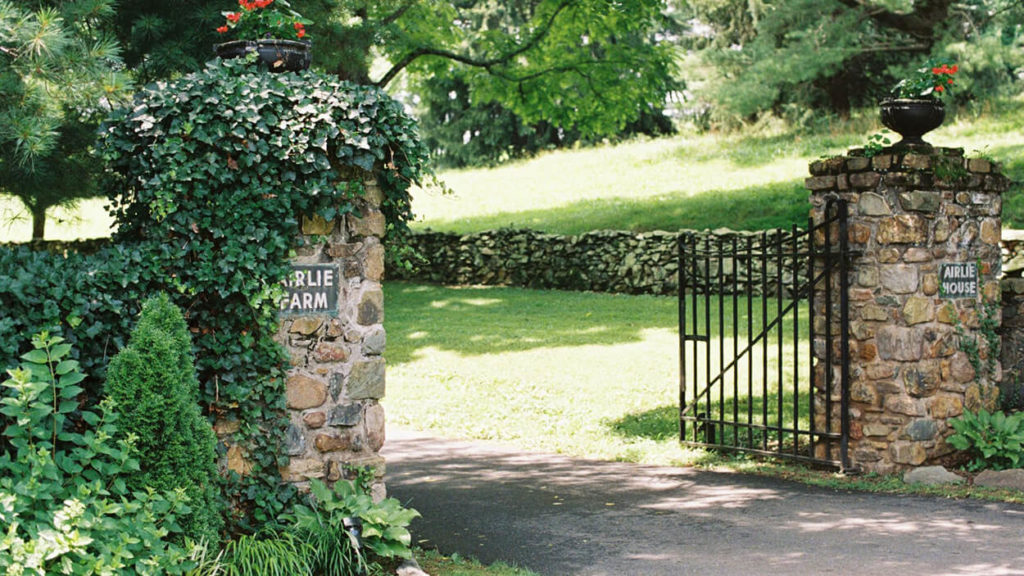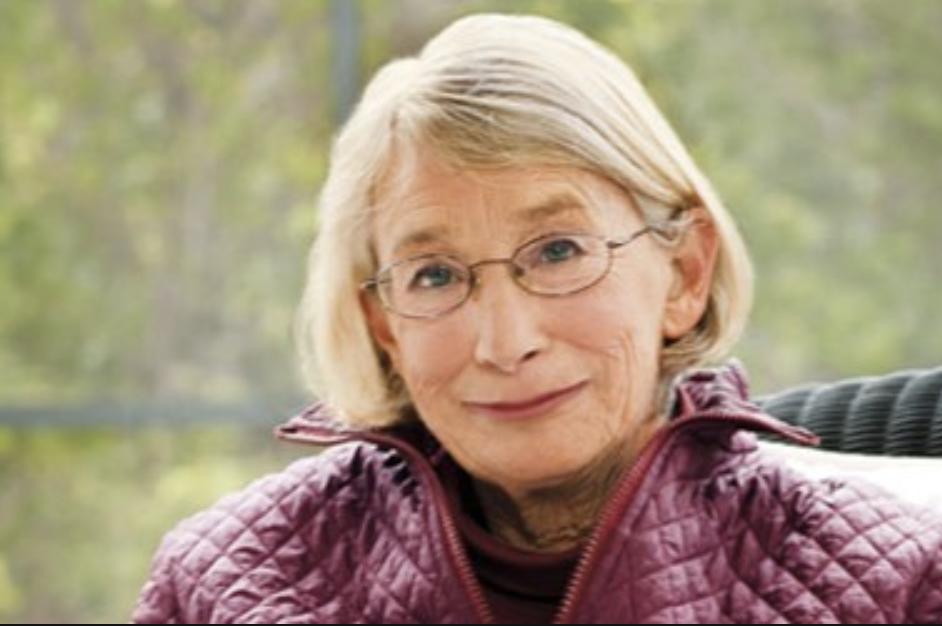
Our challenge, both as faculty and as administrators, is to make space for the wisdom of Eve II in an institution predicated on producing Eve I’s.
This past weekend, I had the pleasure of participating in a deans retreat at American University’s Airlie conference center, hosted by our Provost, Dan Myers.
To kick off a productive and collegial day and a half, Dan asked each of us to spend 90 minutes in silent contemplation on our hopes and dreams for our lives to come. Almost as an afterthought, he passed out 4 texts to consider as we sat in silence or wandered Airlie’s beautiful grounds. These included: 2 poems by the late Mary Oliver (“Messenger” and “Where Am I Among the Trees”), a passage from Carmen Acevedo Butcher’s introduction to The Cloud of Unknowing, and an extract from Henri Nouwen’s book of meditations, Out of Solitude.

As you would expect of a literature professor with a blog on wisdom and culture, I spent my reflection time doing what comes naturally: digging into the wisdom of these texts.
In Out of Solitude, Nouwen speaks eloquently of the trap of “think[ing] about ourselves in terms of our contribution to life”—that is to say, making “the results of our work the criteria of our self-esteem.” He goes on to note that, “although the desire to be useful can be a sign of mental and spiritual health in our goal-oriented society, it can also become the source of a paralyzing lack of self-esteem” (my emphasis).
Against this relentless tipping of self-esteem into self-doubt, Nouwen pits friendship and love, which are “impossible without a mutual vulnerability.” Implicit here, as in the Butcher introduction, is a recognition that true connection with oneself is only possible through connection with others, that to be rightly self-centered is to be necessarily other-centric. By extension, true self-esteem is impossible without a deep sense of social justice.
As I read these 4 short pieces in dialogue with one another, I came to see the Mary Oliver poems as responses to the perpetual busyness that follows from what Nouwen calls “the erroneous conviction that life is one large scoreboard where someone is listing the points to measure our worth.” In “Messenger,” Oliver speaks of her work as “loving the world,” as “mostly standing still and learning to be astonished.” In “Where Am I Among the Trees,” she writes:
I am so distant from the hope of myself,
In which I have goodness, and discernment,
And never hurry through the world
But walk slowly, and bow often.

Needless to say, there was something subtly subversive to Dan’s inviting us to reflect on our hopes for our professional and personal lives in partnership with texts like these.
To quickly summarize this intertextual dialogue, I constructed the following table:
| Column A | Column B |
| Self-esteem (and the lack thereof) | Mutual vulnerability/Social justice |
| Life as scoreboard/ Perpetual busyness | Astonishment/Receptivity |
Admirers of David Brooks’ The Road to Character will see how closely the distinction between Column A and Column B tracks what Rabbi Joseph Soloveitchik saw as “the two opposing sides of our nature,… Adam I and Adam II.” In honor of our wives, daughters, and women students, let’s call practitioners of Brooks’ “résumé virtues” Eve I and those of the “eulogy virtues” Eve II.
| Eve I (résumé virtues) | Eve II (eulogy virtues) |
| Self-esteem (and the lack thereof) | Mutual vulnerability/Social justice |
| Life as scoreboard/ Perpetual busyness | Astonishment/Receptivity |
As our reflection time neared an end, I came to two related conclusions. Several of the texts that Dan had circulated make a commonplace—and not unwarranted—link between wisdom, contemplation, and the shadow of death. But the virtues of Eve II are arguably virtues of youth, not of age.
Young children are far more likely than adults to feel the pain of a playmate as their own—a phenomenon that Jacques Lacan, following Charlotte Buhler, called “transitivism”. Moreover, their deep-seated sense of fairness suggests a high degree of mutuality between their own vulnerability and that of their friends.
As for the association of youth with receptive astonishment, let me simply quote these well-known verses from Wordsworth’s “Lines Composed a Few Miles Above Tintern Abbey”:
Though changed, no doubt, from what I was when first
I came among these hills; when like a roe
I bounded o’er the mountains, by the sides
Of the deep rivers, and the lonely streams,
Wherever nature led […]
For nature then
(The coarser pleasures of my boyish days
And their glad animal movements all gone by)
To me was all in all.—I cannot paint
What then I was. The sounding cataract
Haunted me like a passion: the tall rock,
The mountain, and the deep and gloomy wood,
Their colours and their forms, were then to me
An appetite; a feeling and a love,
That had no need of a remoter charm,
By thought supplied, not any interest
Unborrowed from the eye.

Here’s the rub. Each in its own way, all 4 of our subject texts were praising the virtues of Eve II. But contemporary university culture, which is precisely what we were retreating to discuss, is both deeply rooted in, and to no small degree plagued by, the traits of Eve I.
This year’s Varsity Blues admissions scandal is just the most recent manifestation of a deep-seated and longstanding tendency to see college admission decisions as points on the “scorecard” of life. The explosion of anxiety issues among today’s undergraduates has many causes, but the tyranny of achievement is surely one of them. The academic reward system that deans oversee and that faculty internalize does nothing if not “make the results of our work the criteria of our self-esteem.” And, as I noted in an earlier post, our disciplinary expertise as faculty tends to forestall cognitive humility. (My recourse to close reading in the face of an unfamiliar, and potentially unsettling, meditative exercise was thus ironically predictable.)
Our challenge, both as faculty and as administrators, is to make space for the wisdom of Eve II in an institution predicated on producing Eve I’s.
The literary scholar in me cannot help but note that the sustained study of literature—and perhaps especially that of poetry—is ideally suited to this task. But that can be a hard sell to today’s students, not to mention their parents.
Building reflection time like that I experienced at Airlie into the student experience would surely help, but would need to be carefully introduced and made more than a one-off to counter the pressures of an inevitable, even necessary careerism.
For the time being, allow me to leave this open question, to be explored in posts to come.